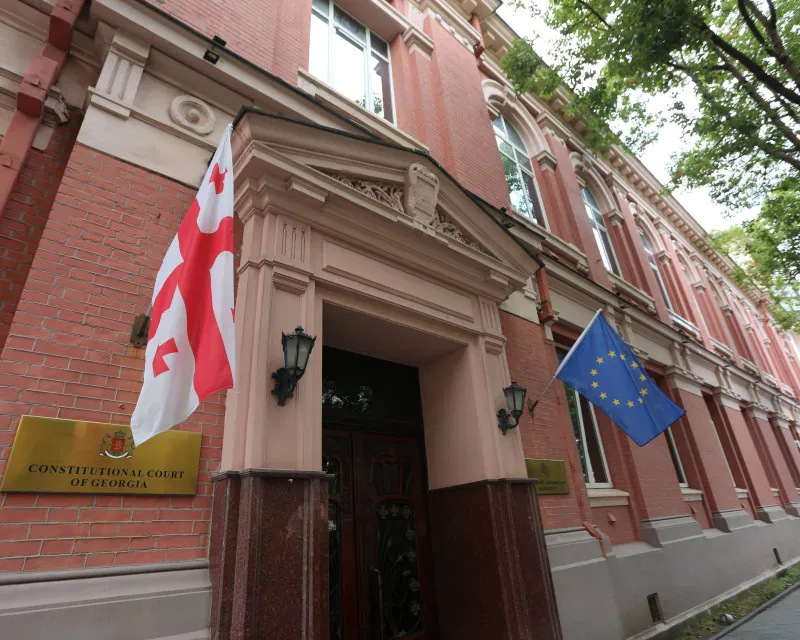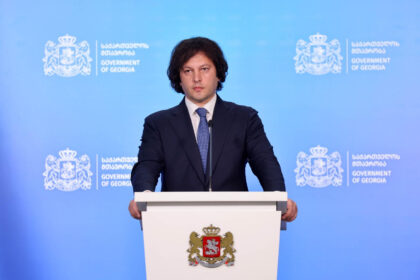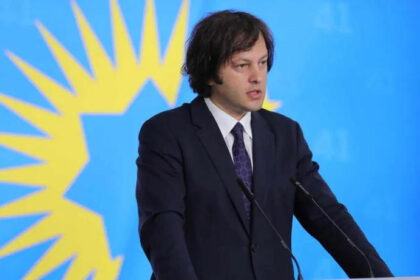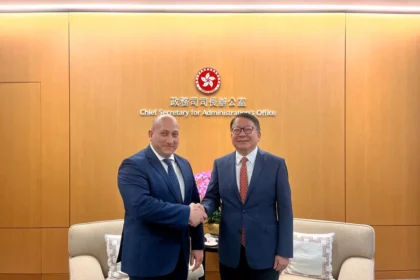**Human Rights Groups and Media Outlets Challenge Georgia’s New “Foreign Agents” Law**
In a bold move, the Georgian Young Lawyers’ Association (GYLA) and two independent media outlets have filed a constitutional lawsuit against the country’s new Foreign Agents Registration Act (FARA). The law, adopted by the parliament on April 1, is set to take effect at the end of the month. But human rights defenders are not backing down.
According to GYLA, FARA “violates Georgia’s Constitution and aims to silence, discredit, and persecute independent civil society organizations and media.” The group claims that the law will give sweeping authority to state institutions, including the Anti-Corruption Bureau, the Prosecutor’s Office, and the judiciary – all of which are controlled by the ruling Georgian Dream party.
**A Law Like No Other**
The lawsuit argues that while FARA may be named after its US counterpart, it is fundamentally different in its application. Unlike the US law, which targets activities conducted on behalf of hostile foreign powers, Georgia’s FARA will apply to any organization or media outlet that receives funding from abroad – regardless of whether they are working for a foreign power.
“This comparison is misleading,” says GYLA. “Receiving funding from a donor does not mean you’re under their control.” The group points out that US court practices have established clear guidelines on when organizations must register as foreign agents, and Georgia’s law fails to meet these standards.
**A Fight for Rights**
Despite the odds being against them, GYLA is determined to use all legal means to protect the rights granted by the Constitution. “We do not expect the Constitutional Court to act swiftly or in accordance with the Constitution,” says a statement from the group. “However, we believe that we should use all legal means to protect the rights granted by the Constitution.”
The lawsuit aims to suspend FARA’s provisions pending a court decision. It remains to be seen whether the Constitutional Court will take heed of GYLA’s concerns and uphold the law. One thing is certain, however: this is a critical moment for human rights defenders in Georgia.
Read More @ civil.ge












